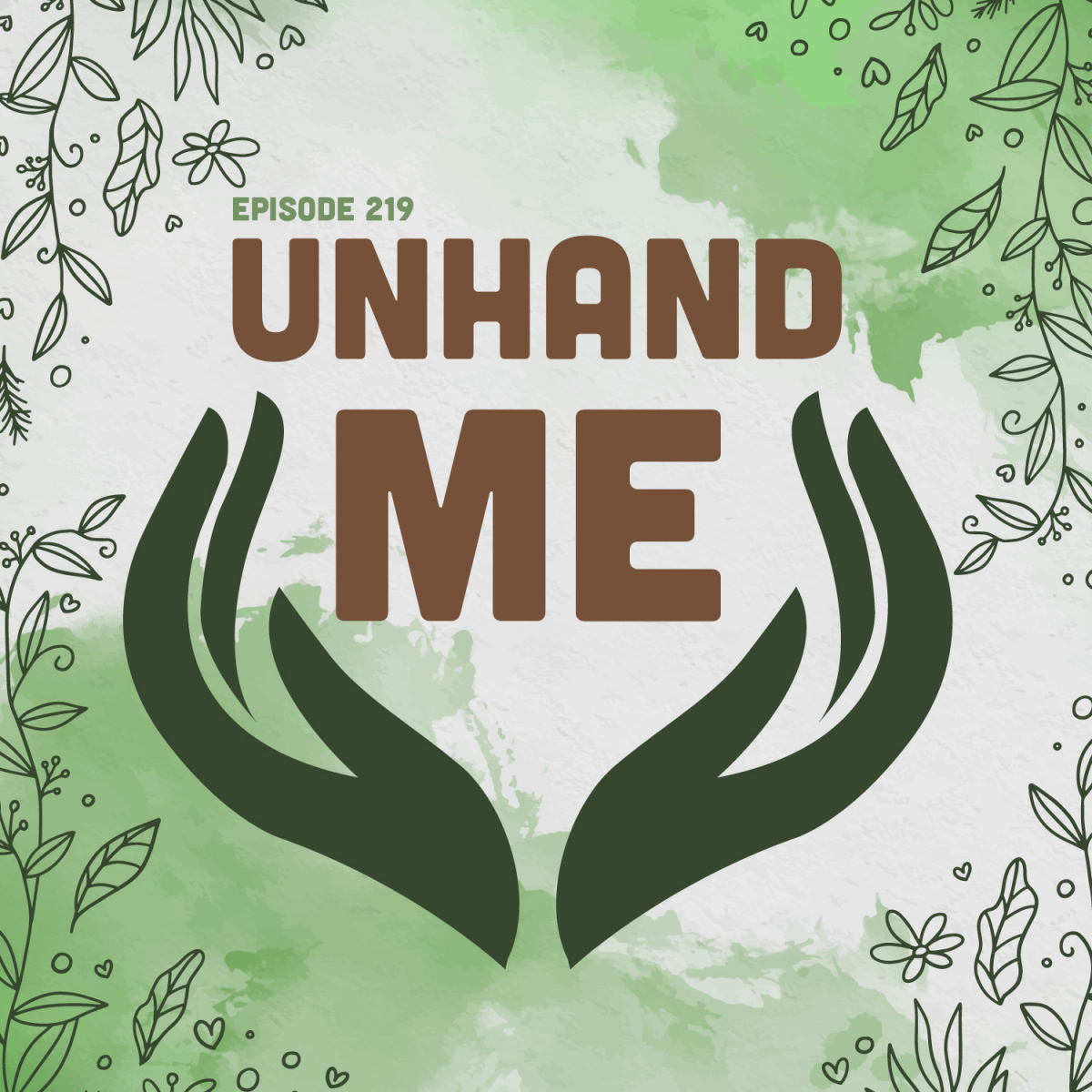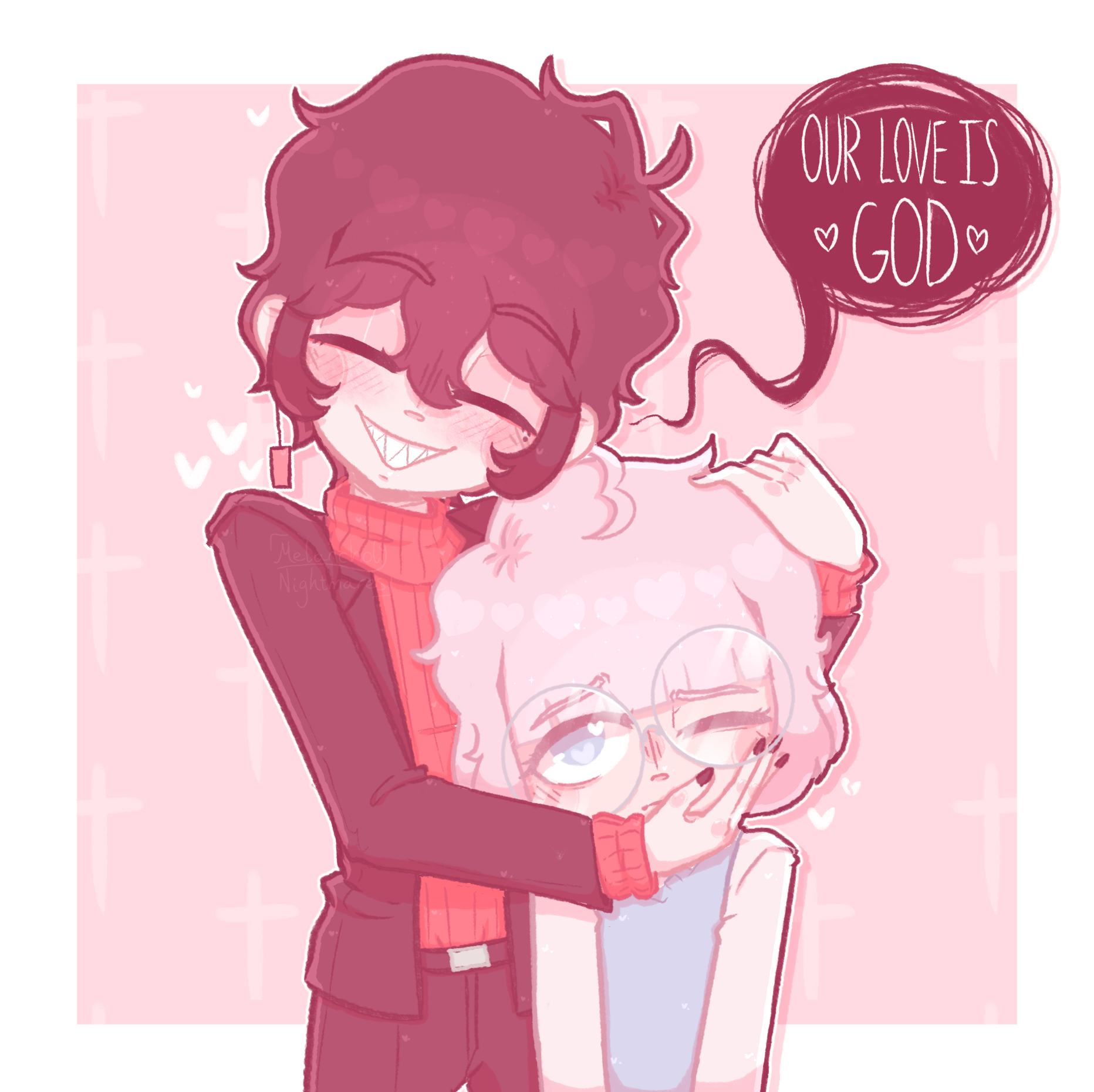Unhand Me Dog: A Comprehensive Guide To Understanding And Training Your Canine Companion
Whether it's an overenthusiastic puppy jumping on guests or a protective dog guarding its food, many pet owners have faced moments when their furry friend's actions felt out of control. Understanding why dogs behave the way they do and how to address these behaviors is essential for fostering a harmonious relationship with your pet. This guide dives deep into the world of canine psychology, training techniques, and practical solutions to help you navigate these challenges effectively. Dogs are more than just pets—they're family members who bring joy, companionship, and unconditional love into our lives. However, they also come with their own set of instincts, habits, and quirks that can sometimes clash with human expectations. From leash pulling to territorial aggression, these behaviors often leave owners feeling frustrated or overwhelmed. The key lies in understanding the root causes of such actions and implementing strategies that promote positive reinforcement. By doing so, you can transform those "unhand me dog" moments into opportunities for growth and connection. In this article, we'll explore everything from the science behind canine behavior to actionable tips for training your dog. Whether you're a first-time dog owner or a seasoned pet parent, this guide will equip you with the knowledge and tools needed to build a stronger bond with your four-legged friend. Let's embark on this journey together and discover how to create a happy, well-behaved companion who respects boundaries while still being the loving dog you adore.
Table of Contents
- What Does "Unhand Me Dog" Mean?
- Understanding Canine Behavior: Why Do Dogs Act Out?
- Common Behaviors That Lead to "Unhand Me Dog" Moments
- How Can I Train My Dog to Respect Boundaries?
- Effective Techniques for Training Your Dog
- What Are the Best Tools for Training?
- How Do I Deal with Aggressive Behavior?
- Frequently Asked Questions About "Unhand Me Dog"
What Does "Unhand Me Dog" Mean?
The phrase "unhand me dog" may sound humorous at first, but it encapsulates a common frustration among dog owners. It typically refers to situations where a dog's actions become too forceful, persistent, or disruptive, prompting the owner to feel the need to physically separate themselves from their pet. This could range from a dog jumping up during playtime to more serious instances of aggression or possessiveness. Understanding what triggers these behaviors is crucial for addressing them effectively.
At its core, "unhand me dog" moments stem from miscommunication between humans and their canine companions. Dogs don't act out of malice; rather, their behaviors are driven by instincts, past experiences, and environmental factors. For example, a dog that jumps on people might simply be seeking attention or expressing excitement. On the other hand, a dog displaying aggressive behavior may be reacting to fear, anxiety, or a perceived threat. By recognizing these underlying motivations, owners can begin to address the root cause of the problem.
Read also:Who Is Jack Slack The Ultimate Guide To His Life Career And Achievements
While the phrase "unhand me dog" is often used lightheartedly, it highlights the importance of setting clear boundaries and teaching dogs appropriate ways to interact with humans. Through consistent training, patience, and understanding, you can minimize these moments and build a relationship based on mutual respect and trust.
Understanding Canine Behavior: Why Do Dogs Act Out?
Dogs are social animals with complex emotional and psychological needs. Their behaviors are influenced by a combination of genetics, upbringing, and environment. To understand why your dog might act out in ways that prompt you to say "unhand me dog," it's essential to delve into the science of canine behavior.
One primary driver of dog behavior is their evolutionary history. As descendants of wolves, dogs retain many instinctual traits that were once necessary for survival in the wild. For instance, resource guarding—a behavior where a dog becomes possessive over food, toys, or even people—can be traced back to their ancestors' need to protect limited resources. Similarly, behaviors like jumping, barking, or pulling on the leash often stem from natural instincts that haven't been properly channeled through training.
Another critical factor is socialization. Puppies undergo a critical socialization period between 3 and 14 weeks of age, during which they learn how to interact with humans, other animals, and their surroundings. Dogs that miss out on proper socialization during this time may develop fear-based behaviors or struggle to adapt to new environments. Understanding your dog's background and experiences can provide valuable insights into their behavior and help you tailor your approach to training.
Common Behaviors That Lead to "Unhand Me Dog" Moments
Several common behaviors can trigger those exasperated cries of "unhand me dog." Identifying these patterns is the first step toward resolving them. Below, we'll explore some of the most frequent culprits:
- Jumping: Many dogs jump on people as a way of greeting or seeking attention. While it may seem playful, this behavior can be overwhelming or even dangerous, especially for children or elderly individuals.
- Mouthing/Nipping: Puppies often explore the world with their mouths, but if this habit persists into adulthood, it can lead to uncomfortable or painful interactions.
- Resource Guarding: Whether it's food, toys, or even their favorite spot on the couch, some dogs become possessive and may react aggressively if they feel their possessions are threatened.
- Pulling on the Leash: Walks can quickly turn into tug-of-war matches if your dog hasn't been trained to walk politely on a leash.
- Aggression: This is one of the most concerning behaviors, as it can pose a risk to both humans and other animals. Aggression may manifest as growling, snapping, or biting and is often rooted in fear, anxiety, or territorial instincts.
Each of these behaviors requires a unique approach to correction. By addressing them early and consistently, you can prevent "unhand me dog" moments from becoming recurring issues.
Read also:Rohit Jaiswal The Inspiring Journey Of A Visionary Leader
How Can I Train My Dog to Respect Boundaries?
Training your dog to respect boundaries is a gradual process that requires patience, consistency, and positive reinforcement. The goal is to teach your dog what behaviors are acceptable and which ones are not, all while maintaining a loving and supportive relationship.
Start by establishing clear rules and sticking to them. For example, if you don't want your dog on the furniture, make sure everyone in the household enforces this rule consistently. Inconsistency can confuse your dog and undermine your efforts. Additionally, use verbal cues and hand signals to communicate your expectations clearly. Phrases like "off," "leave it," and "place" can be incredibly useful in redirecting unwanted behaviors.
It's also important to reward good behavior. Dogs thrive on praise and treats, so be sure to acknowledge when they follow your commands or exhibit desirable actions. Over time, this will reinforce positive habits and reduce the likelihood of "unhand me dog" moments.
Positive Reinforcement: The Key to Success
Positive reinforcement is widely regarded as one of the most effective training methods. This technique involves rewarding your dog for good behavior, thereby increasing the likelihood that they'll repeat it in the future. Rewards can take many forms, including treats, toys, verbal praise, or physical affection.
For example, if your dog refrains from jumping on guests, immediately reward them with a treat and enthusiastic praise. This creates a positive association with the desired behavior and encourages them to continue behaving appropriately. Avoid punishing your dog for mistakes, as this can lead to fear and anxiety, which may exacerbate problematic behaviors.
Clicker Training: A Modern Approach
Clicker training is another popular method that pairs a distinct sound (the click) with a reward. The click serves as a marker, letting your dog know the exact moment they've performed the desired behavior. This method is particularly effective for teaching complex commands or tricks.
What Are the Best Tools for Training?
Choosing the right tools can make a significant difference in your training journey. From collars to treats, here are some of the best options available:
- Leashes and Harnesses: A well-fitted harness can provide better control during walks and reduce strain on your dog's neck.
- Treat Pouches: Keep your rewards easily accessible with a convenient treat pouch.
- Clickers: As mentioned earlier, clickers are excellent for precise communication during training sessions.
How Do I Deal with Aggressive Behavior?
Aggression is one of the most challenging behaviors to address, but it's not impossible. Start by identifying the triggers that cause your dog to react aggressively. Common triggers include fear, territorial instincts, and resource guarding. Once you've identified the cause, work with a professional trainer or behaviorist to develop a tailored plan for managing and modifying the behavior.
Frequently Asked Questions About "Unhand Me Dog"
Why Does My Dog Keep Jumping on Me?
Dogs often jump as a way of seeking attention or expressing excitement. To curb this behavior, ignore your dog when they jump and reward them when they remain calm.
Is It Normal for My Dog to Guard Their Food?
Yes, resource guarding is a natural instinct, but it can be managed through training and desensitization exercises.
Can Aggressive Behavior Be Corrected?
Yes, with the right approach and professional guidance, most aggressive behaviors can be modified over time.
In conclusion, navigating "unhand me dog" moments requires a combination of understanding, training, and patience. By investing time and effort into your dog's development, you can create a harmonious and fulfilling relationship that benefits both of you.
For more information on canine behavior, visit the ASPCA's Dog Care Resources.
Discover The World Of Big Krit Merch: Ultimate Fan Guide
Bo Pelini Nebraska: The Legacy Of A Football Coach Who Shaped Cornhusker History
Who Is Lina Morgan Roth? Unveiling The Journey Of A Remarkable Personality

219Italian folklore Unhand Me Myths and Legends

UNHAND ME by MelancholyNightmare on DeviantArt